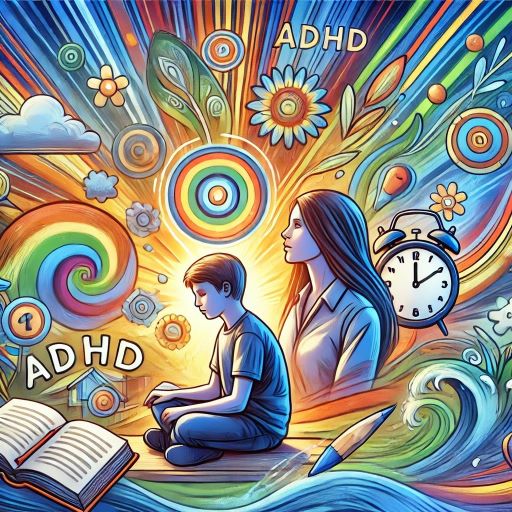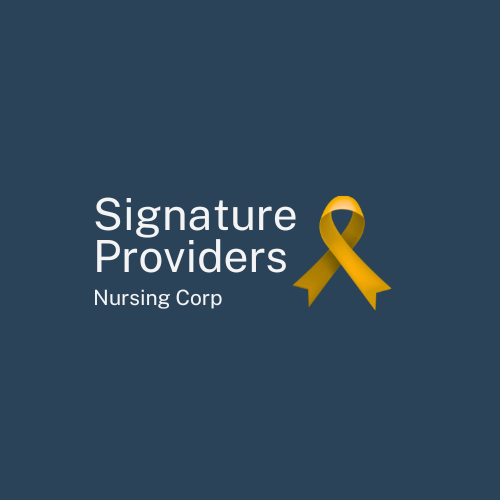
Attention-Deficit/Hyperactivity Disorder (ADHD) is a common neurodevelopmental disorder that affects both children and adults. Characterized by persistent patterns of inattention, hyperactivity, and impulsivity, ADHD can significantly impact daily functioning, relationships, and overall quality of life.
Symptoms of ADHD:
- Inattention: Difficulty sustaining focus, making careless mistakes, frequent forgetfulness, and challenges with organization.
- Hyperactivity: Excessive movement, inability to stay seated, or constant fidgeting.
- Impulsivity: Acting without thinking, interrupting others, or having difficulty waiting for turns.
Types of ADHD:
- Predominantly Inattentive: Challenges mainly with focus and organization.
- Predominantly Hyperactive-Impulsive: More hyperactivity and impulsivity symptoms.
- Combined Type: A mix of inattentive and hyperactive-impulsive traits.
Causes and Risk Factors:
The exact cause of ADHD is not fully understood, but it is linked to genetic, neurological, and environmental factors. Family history, premature birth, exposure to toxins during pregnancy, and certain brain structure differences may increase the risk.
Treatment Options:
ADHD management often involves a combination of:
- Medications: Stimulants like methylphenidate or non-stimulant options help improve focus and reduce impulsivity.
- Behavioral Therapy: Strategies to improve organization, emotional regulation, and social skills.
- Lifestyle Adjustments: Regular physical activity, structured routines, and healthy sleep patterns.
When to Seek Help:
If symptoms interfere with work, school, or relationships, professional evaluation is crucial. Psychiatrists or psychiatric nurse practitioners can diagnose and prescribe medications, while psychologists and therapists provide behavioral therapies.
Final Note:
ADHD is manageable, and many individuals with proper support thrive in their personal and professional lives. Seeking early intervention can make a significant difference. If you or a loved one may be affected, don’t hesitate to reach out to a qualified mental health professional.
If you have a medical or psychiatric emergency, please call 911. If you are feeling suicidal or need immediate assistance, please call the National Suicide Prevention Line at: 1-800-273-8255 or 9-8-8.
